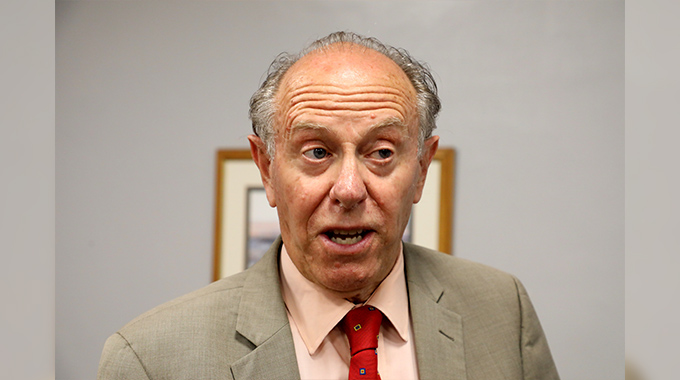COMMENT: Decentralisation of soil testing to provinces most welcome

GOVERNMENT has announced that it has availed $30 million to fund the decentralisation of soil testing laboratories as it works on improving productivity on land. Soil testing is very critical for cropping as it informs how rich or poor the soil is to guide the farmer on what is needed to make the land productive.
The decision by Government to decentralise soil testing to provinces is a welcome development as it brings services closer to the farmer. Soil testing had over the years been centralised in Harare and as such it was only accessible to a limited number of farmers who had resources to take their soil samples to Harare.
When the laboratories are decentralised to provinces, many farmers will have access to the services thereby boosting production.
Government said the initial plan is to decentralise the laboratories to provinces and later to districts so that as many farmers as possible can access the services and address the deficiencies of their soils.
We totally agree with the Ministry of Lands, Agriculture, Water and Rural Resettlement permanent secretary Dr John Basera that science should inform modern agriculture. What is encouraging is that the progamme to decentralise soil testing laboratories is being supported by the private sector which obviously realises the immense benefits of bringing such services closer to the farmers.
Zimbabwe has for the past 19 years achieved self-food sufficiency for only two years which is very worrying given that the country has all that is needed to produce not just enough for its consumption but even surplus for export.
The country has vast arable land and highly skilled manpower to work on the land. It is possible that due to limited access to soil testing services, most farmers were applying wrong fertilisers to their soil hence the poor yields.
Government is already assisting farmers to boost crop production through its farm mechanisation programme and is now bringing soil testing services closer to them.
Rain-fed agriculture is no longer reliable and as such farmers should complement this by cultivating some crops under irrigation. More than 300 000 Zimbabwean families were allocated land, some in prime farming areas that used to be a preserve of White commercial farmers under the land reform programme and there is therefore, no excuse for the country to fail to regain its status of being the region’s breadbasket.
Land is a finite resource and as such only committed and dedicated farmers should remain on the land.
Government has said agriculture is the epicentre of achieving vision 2030 hence the need to fully utilise the land. Zimbabwe like other countries in the region, is expecting above normal rainfall this coming cropping season and as such the country should produce enough for its consumption.












Comments